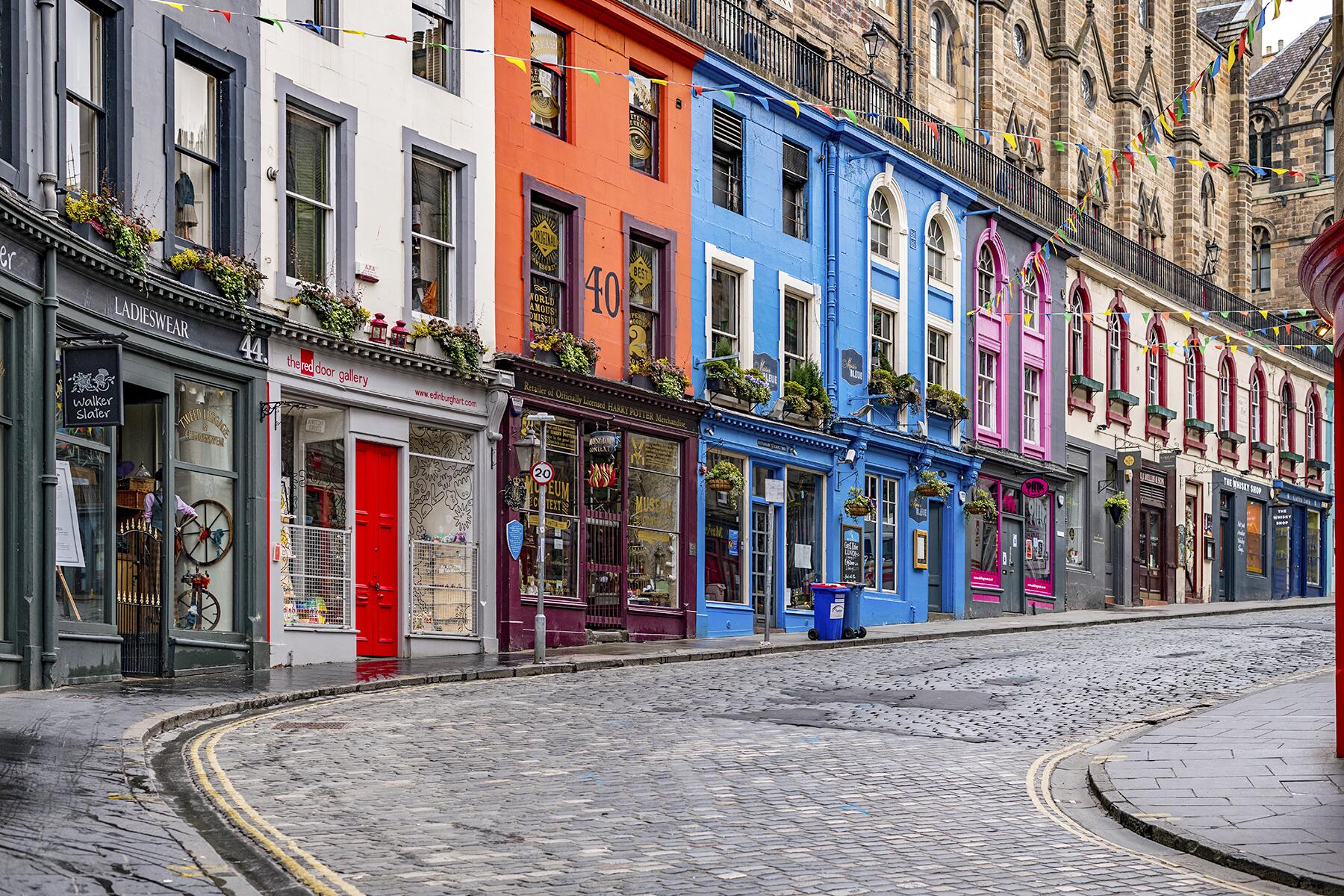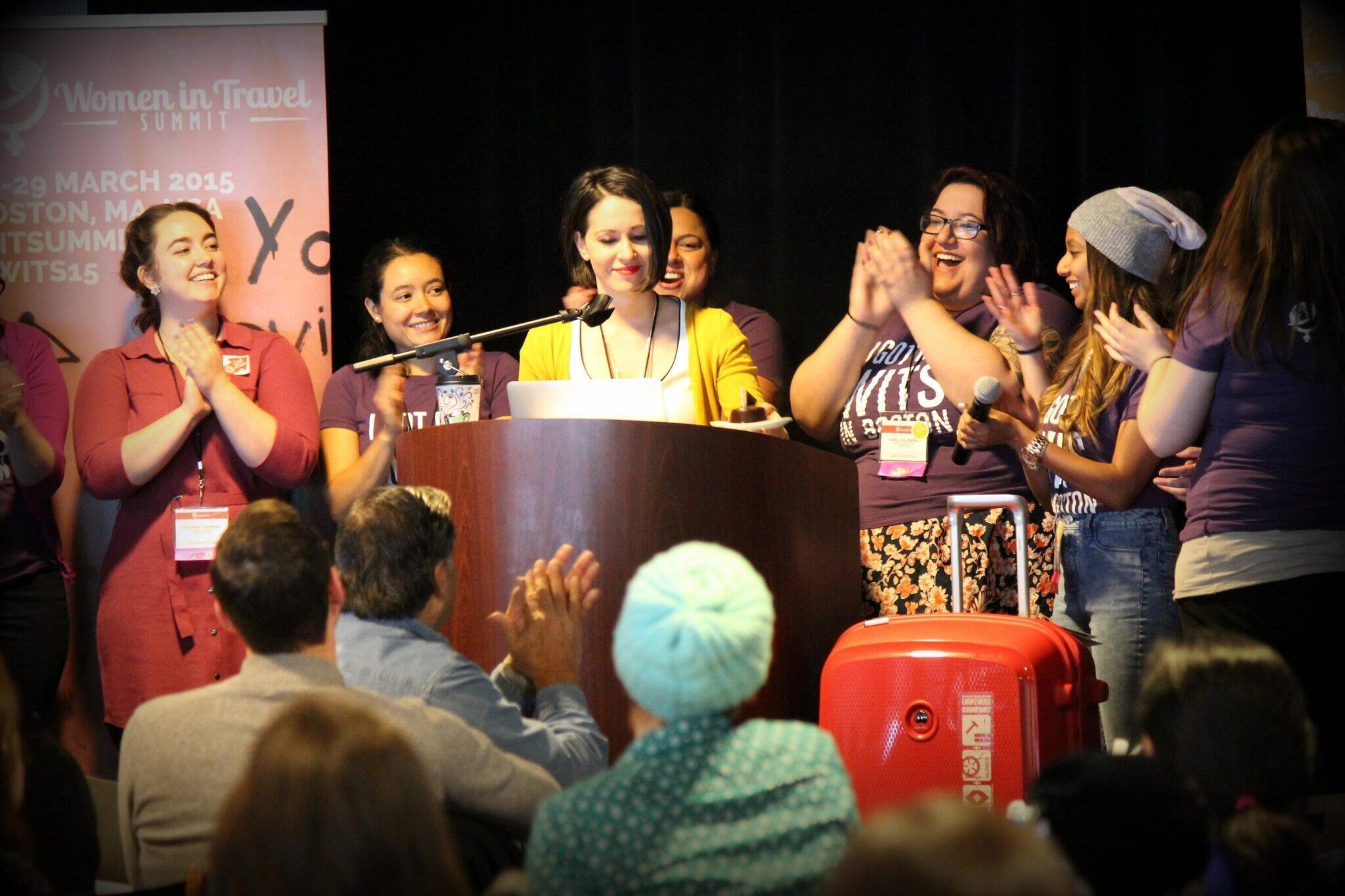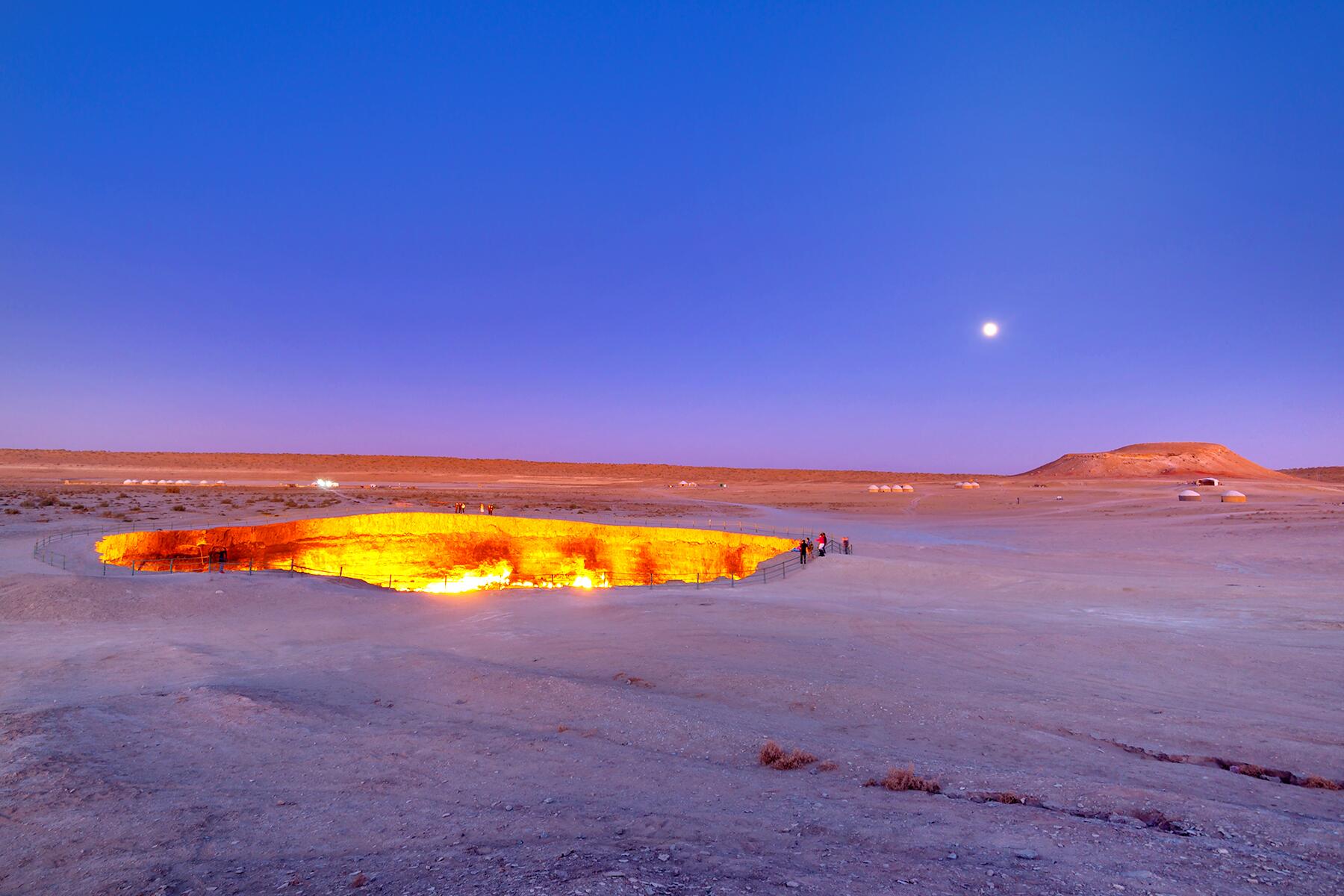Fans of 'The Good Place' and 'Miracle Workers' will devour this comical, sexy, and sarcastic family drama.
Most of us picture Hell as a cavern filled with fire and brimstone and torture-happy demons. But what if the upper levels consisted of endless meetings with an irritating boss and coworkers and ballpoint pens that never work? Wouldn’t it be as awful to spend eternity in a mundane Hell with “music that’s too loud, food that’s too rubbery, and kissing with too much tongue?”
Welcome to the imaginative Hell of Sign Here, the debut novel by Claudia Lux, a graduate of Sarah Lawrence College with a master’s in social work from the University of Texas at Austin.
Her humorous story follows Hell-dwellers in the “Deals Department” as they try to make their quotas of signing human souls, as well as enact schemes for escaping back to Earth. Among their top soul targets are the Harrisons, a wealthy family embroiled in personal dramas that come to a head during a summer in New Hampshire.
Sign Here is a witty and heartfelt page-turner, which draws you in with its fresh perspective of the Devil’s domain and those doomed to live there forever. I sat down with Lux to discuss her new novel, which is this month’s Book Club pick.
Recommended Fodor’s Video
FODOR’S BOOK CLUBWant to read more interviews like this? Make sure you’re signed up for Fodor’s Book Club. You’ll be reading our monthly picks alongside thousands of Fodor’s readers, be entered into exclusive giveaways and contests, and get more fun book-related content delivered straight to your inbox.
FODOR’S: I’m delighted to chat with you because we both wrote “hellish” books that are coming out right before Halloween! My nonfiction The Little Book of Satanism covers the ways people have conceived of Hell and the Devil over the centuries, from Dante’s Inferno to the Faustian pact. With these tropes in mind, I was tickled by how you re-imagined Satan’s realm: the upper levels are a frustrating bureaucracy, and humans can sign away souls by checking “I agree to the terms and conditions” on a tablet! What inspired you to conceive of Hell in this fresh way?
CLAUDIA LUX: First things first, I am ordering your book immediately! I was looking for a book like yours while I was researching and writing for Sign Here. The lore around hell and how it’s impacted society goes beyond religion and into literature, history, and the whole of anthropology, and it’s hard to find resources that really look at that intersectionality. I can’t wait to read it!
It all started with an insurance ad. I was streaming a show and as the same insurance ad I had seen three times in a row every 10 minutes thus far started to begin again, I lost it and shouted out loud to no one, “THIS IS HELL.” Then I looked around and thought if that was Hell, it was a far cry from fire and brimstone. That’s how the idea lodged in my brain: a hell consisting of discomfort and unpleasantness, in which the primary torture device was eternity itself. The details flew into place from there.

Your novel shows a fair bit of sympathy for the Devil’s employees as they struggle to fill soul quotas and put their personal plans into action. Did you come from a religious background, and do you identify with any spiritual tradition today? What was your first introduction to Hell, and how have these ideas evolved for you?
My first real memory of the concept was when I was sent to the principal’s office in elementary school because I told a girl that my dad said she was going to Hell. He hadn’t said her specifically, he held no grudges against eight-year-olds. But it was understood in my house that if you are from Massachusetts and are a Yankees fan, you’re going to Hell, and she walked in that morning wearing a Yankees cap. What’s a born-and-raised Red Sox fan to do?? My dad came to pick me up from the office and pretended to be mad, but he wasn’t. He was proud.
I don’t come from a religious background, but I’ve always been fascinated by (and also jealous of) faith and the certainty provided by belief in an afterlife, especially one with its own reward/punishment system. Mostly, my fascination stems from the logistics. How is there room for new people if no one can ever leave? What if there are pyromaniacs in the crowd…is it really torture if they get to be surrounded by fire? By that logic, is the torture somehow catered to the occupants? If so, who makes those decisions? How do we know they’re not biased? There are just so many moving pieces, it would be a nightmare to manage.
I love to find the holes in things. Whether it’s a plot of a TV show or the American penal system, I have always had an itch to point out inconsistencies or hypocrisies. When it comes to things like Hell, a lot of those holes are subjective and too personal to argue. I found the best way to explore my questions was by making a Hell of my own, putting people of my own in there, and seeing what happened. Which is one of the reasons why I love that I write fiction. I get to ask all those questions and then make up the answers. I don’t actually have to know what I’m talking about, nor believe it.
In Sign Here, the patriarchy is a burden that women must bear even in the afterlife. Despite being smart and capable, Cal, who works in Hell, has to make doe-eyes and appeal to men in order to get things done. Can you speak more about women being second-class citizens even in Hell, and if anything inspired this narrative?
I would never write a hell without sexism. Not only because it’s a social illness that belongs in hell, but because so much of what I heard while crowdsourcing for this book (and so many of my own experiences) centered around the specific ways in which women are treated in office culture. Yes, the nine-to-five is a grind for everyone. When the coffee machine quits or the carpet grows mold (no? just my old office?) everyone is impacted. But it should come as no surprise to anyone that a woman has to deal with the fact that the coffee machine is broken, and the fact that she will be the one tasked with the Starbucks orders. I knew I wanted to write about “unlikeable” people, which would also extend to the women. Namely, Lily [Harrison, one of the members of the Harrison family] and Cal. But it was important to me that while the women were flawed, they were not apologetic. I’ve read so many books where the primary trait of the female protagonist is self-hatred. I didn’t want that narrative for these characters. I’m so tired of women hating themselves. I say that as a woman who has spent plenty of years of my own life hating myself. It’s tired, isn’t it? I’m tired of it, at least.
The Harrison family isn’t very happy despite having what many would consider a “heavenly” existence on Earth (they’re rich, beautiful, and healthy). As a result, generations of dissatisfied Harrisons have signed away their souls. I feel this fits with the Buddhist idea that wanting and craving is the cause of suffering (and there’s even a Buddhist version of Hell with dozens of torturous realms, from tongue-ripping to getting boiled in a wok!). How do you think people like the Harrisons can break free from the road that leads to Hell?
What a great association! I’d say you’re spot on. Peyote [who works in Hell] goes into a similar concept when talking about the best people to target for deals: that the generation after the one that asks to want for nothing is the one that wants the most aggressively. For me, it’s not just the wanting/craving, but the entitlement. In my opinion, it’s not privilege itself that poisons a person, but rather the belief that one is deserving of good things simply because one has only experienced good things and knows nothing different. The lack of an ability to differentiate between bestowed and earned. Or the lack of the interest, or empathy, or imagination required to try. To break free requires self-awareness. For the Harrisons, this develops throughout their story. For readers, it could develop through reading their story. Who knows? That’s the hope, anyway.
A commonly-held assumption is that everyone who winds up in Hell is “bad.” However, you introduce us to humans that turned to the Devil because they were tricked as teenagers or would do anything to save their loved ones. Your Hell-dwelling protagonists also have nuanced personalities and motivations that make readers root for them. Tell me more about this faulty dichotomy of sinners going to Hell, and saints ascending to Heaven.
You probably know more than I do about that, given your book! Personally, I don’t believe people are all good or all bad. I believe we are a constantly shifting mixture of both, that looks different depending on which angle you look from or what time of day, like an optical illusion or a mirage. The same person can—and often is—viewed as a sinner and a saint, depending on who you ask. I went into the book knowing I wanted to play with this. To start with “unlikeable” characters and see what it took to make the reader root for them anyway. We can be so hard and fast in our blanket assessments of people with labels like “good” “bad” or “normal.” But, in my experience, when faced with an actual human being and their actual human reasons for their choices, it is a lot harder to hold to those determinations. I think that’s greatest gift of fiction. It reminds us of the collective humanity underneath all the other supposed differences.

Let’s talk about influences. You have a master’s degree in social work. Can you share more about your work in this field as well as in writing? What was your path to publishing your first novel? Did the writing of your father, acclaimed poet Thomas Lux, inspire Sign Here in any way?
There is so much to answer in this question! Both my career in social work and my father (his work, his life, and his death) deeply influenced this book. For me, he is on every page. I’ll start with poetry. My parents raised me on poetry. My dad published over 17 books in his lifetime, and I’ve been attending poetry readings since I was an infant. Being such an avid consumer of poetry influenced not only my development as a human but my development as a fiction writer. It taught me how to really relish words. Not just their meaning, but the way they sound, the way they feel in my mouth. Whenever I get stuck, in writing or in life, I turn to poetry.
I always wanted to be a writer, but even with—or perhaps because of—two parents who made careers out of it, I didn’t think I had the chops. Instead, I focused my career on my other primary passion: social work, specifically work with survivors of domestic and sexual violence. This work is extremely important to me, and I will never be done with it. The people I met, colleagues, supervisors, and clients alike, profoundly shaped me. But when my dad got sick, I went to Atlanta and took care of him with his wife, my wonderful stepmom Jenny, until his death. After that, I just couldn’t take the trauma work in the same way anymore. Nobody wants a therapist who can’t stop crying! I had been writing the whole time on the side, but I decided then I needed to give it a real go, and that’s when I wrote Sign Here. As I’m sure you noticed, there is a big theme of father/daughter relationships in the book, and of grief. The holes left by loss. I was so messed up after my dad died, I didn’t know how to process the pain without giving it to other, fictional people. Sharing the burden, even if was all still in my own mind. Grief is enormous and often ignored in our society because it is hard to look at. I found a lot of solace in writing this book—alone with my characters, I didn’t have to make my sadness more palatable for the comfort of others. We could all hurt as much and as loudly as necessary.
I love how you described the Harrisons’ cozy New Hampshire cabin: It made me feel as if I was splashing in the lake and running in the woods with them. Did you have similar summer experiences growing up? Since we are a travel publication, might you have any New Hampshire travel tips for our readers?
The Harrison lake house in New Hampshire is almost verbatim a house I went to most summers of my childhood. It is my mom’s best childhood friend’s house, so my mom also grew up going there every summer. It is such a magical house; I knew I had to base the Harrisons there because I had such a wealth of sense-memory from which to pull. I haven’t been back in two decades, but I still remember the sensations. The bathroom wallpaper was printed on tin, you could tap the tiles and they sounded hollow. The heavy windows stuck closed in the humidity and then groaned in unison with you when you finally managed to hoist them up. It always smelled like summer: like grass and sunscreen and just a little bit of thunder. The whole house, boat house, and float are from there. Not the clearing though, I made that part up. The restaurant that Lily walks to is also real! I don’t remember the name, but it’s got the green, laminated menus with the metal corners. I’m a huge fan of New Hampshire. For anyone traveling in that direction, I’d highly recommend a stop at Hampton Beach! You don’t often think about beaches when you think of New Hampshire, but Hampton is awesome. The old-school boardwalk is amazing.
I read you are working on a second book. Will it be a sequel, or something entirely different? Can you let us in on what else you are working on?
It’s not a sequel, but it will be similar in the sense that it deals with the world as we know it, but with one major twist, and the fallout that follows. There is a murder mystery in there, too!



